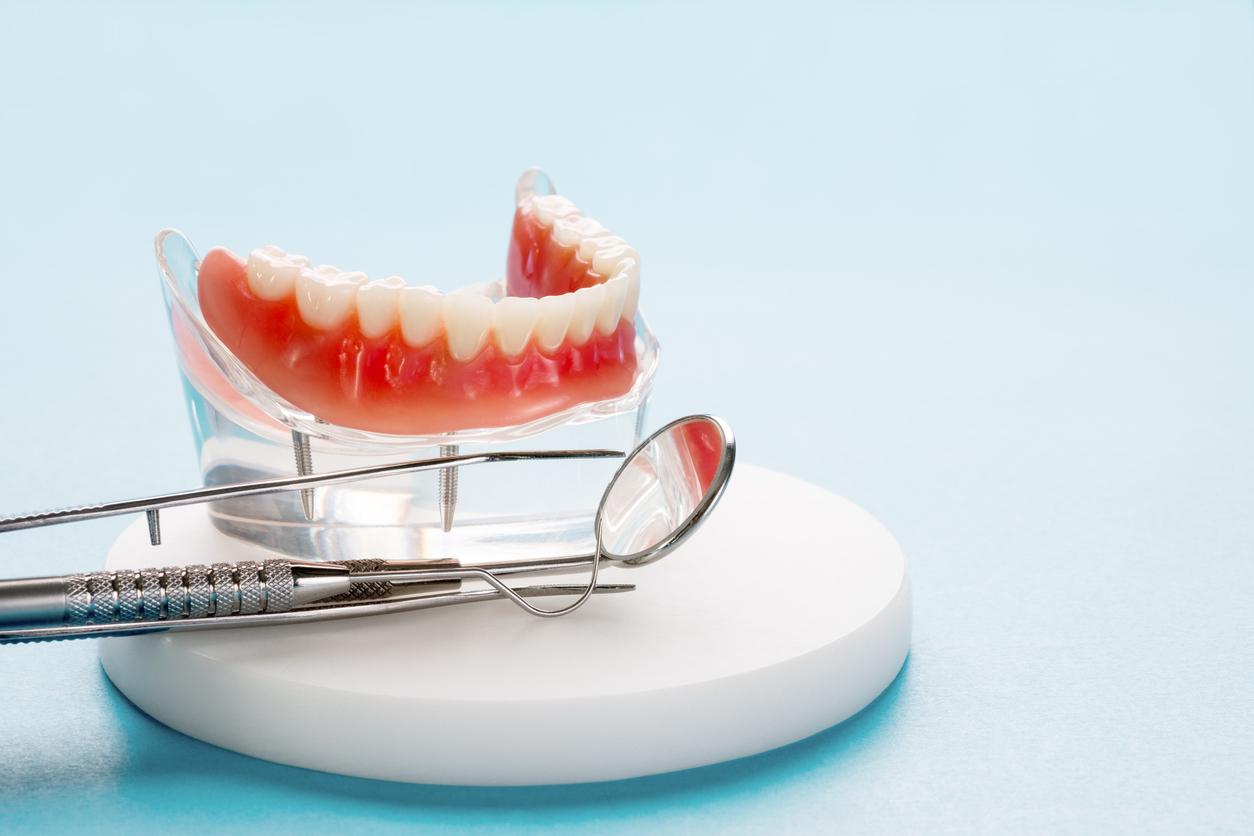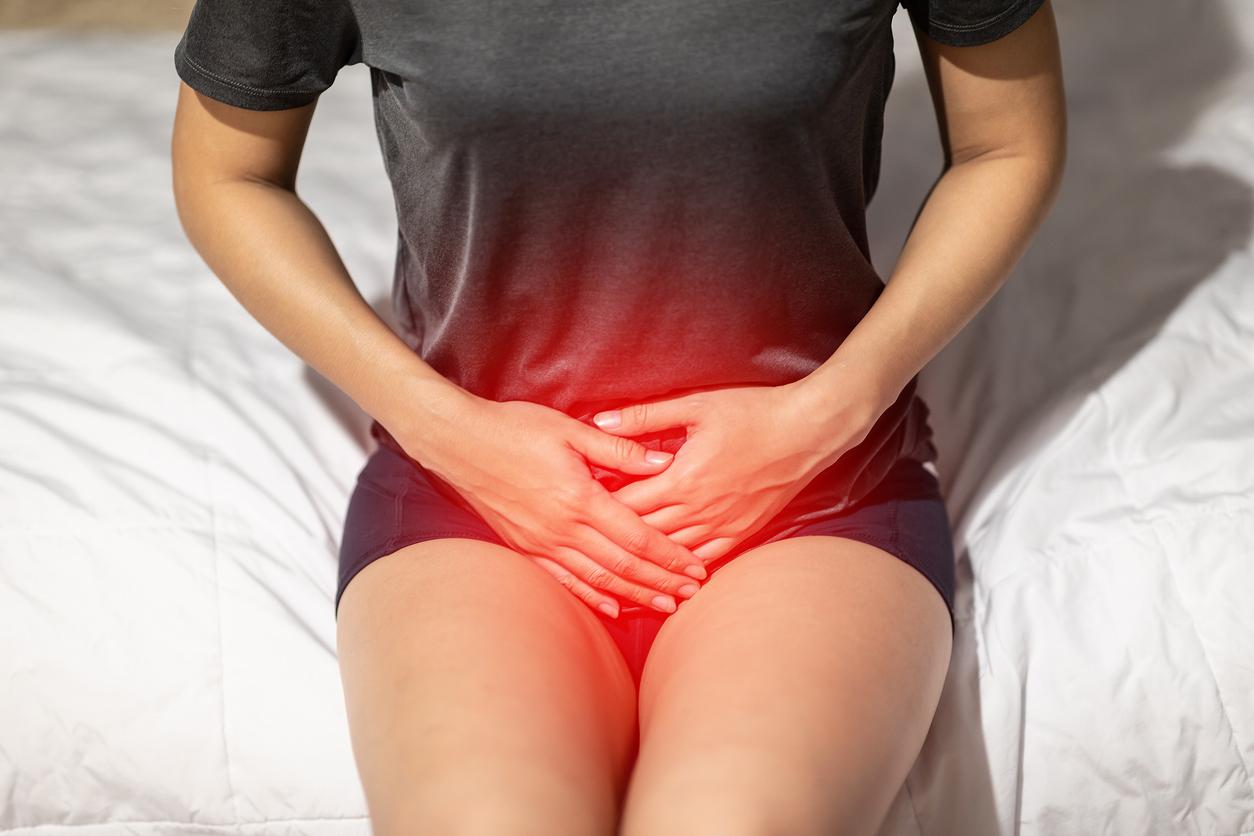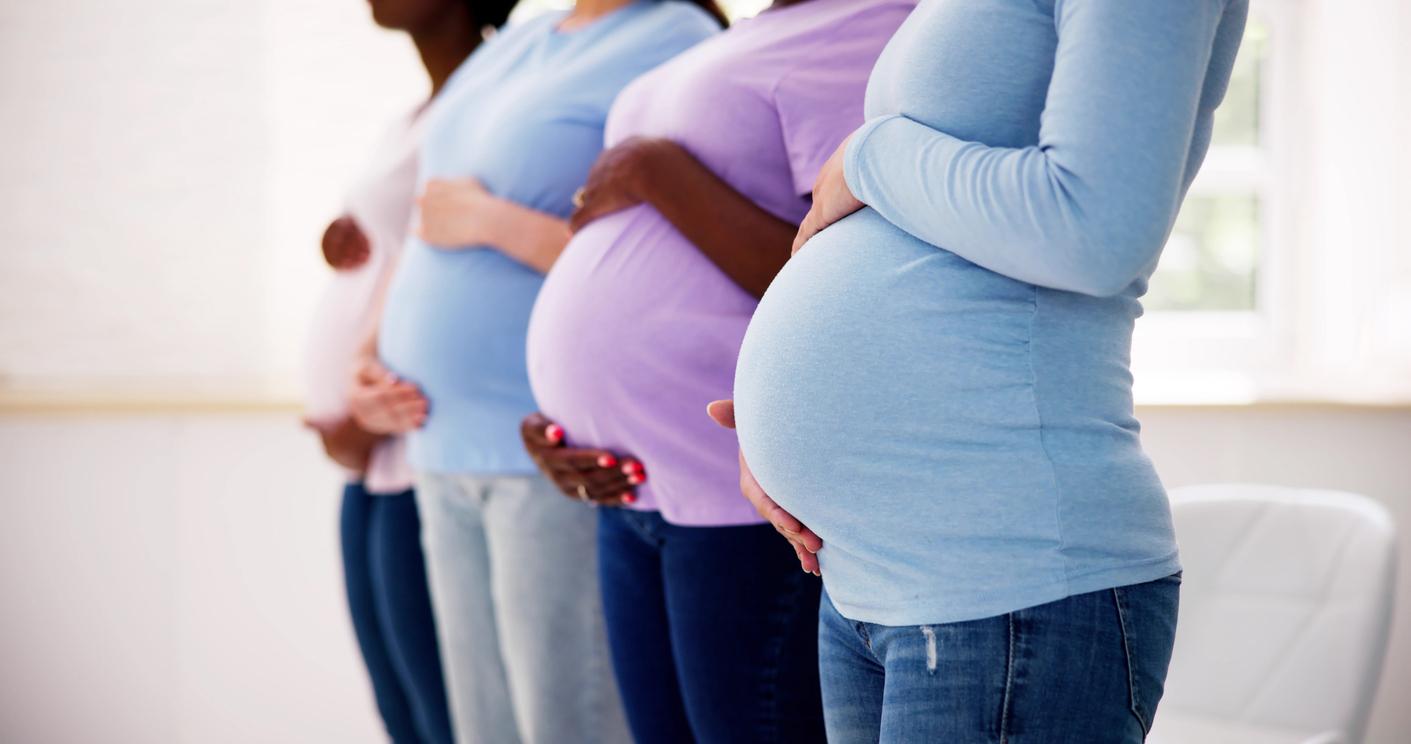While many YouTubers recommend that women suffering from yeast infection insert a clove of garlic into their vagina for three days, American gynecologist Jen Gunter is screaming danger on Twitter.
-1556355402.jpg)
Jade egg to increase sexual energy, parsley to advance the date of menstruation, yoghurt to protect the flora… When it comes to the female intimate sphere, the strangest advice circulates on the web. But if most of these home remedies are harmless if not effective, some are downright dangerous, such as the clove of garlic in the vagina to protect against yeast infections. “Don’t even think about it,” American gynecologist Jen Gunter tweeted.
For some time, many videos have been circulating on YouTube encouraging women suffering from yeast infections to insert a garlic clove into their vagina for three days. Because according to them, garlic would have antibacterial virtues protecting the privacy of infections. Wrong, wrong, and dead wrong, says Jen Gunter indignantly.
Why you should not put garlic in your vagina.
A-thread.
Garlic contains allicin, in THE LAB it MAY have antifungal (ie anti yeast) properties. This is in a lab, not even in mice. Just a dish of cells. Your vagina is not a dish of cells. #vaginaisanogarliczone 1/8— Jennifer Gunter (@DrJenGunter) April 23, 2019
“I can’t believe I need to explain this in 2019, but I do,” she wrote on Twitter. “Garlic contains a molecule called allicin, a natural antibiotic with anti-germ properties yes, but it’s only in laboratories,” explains the doctor. Garlic’s antifungal abilities have only been demonstrated in a Petri dish: “(These results) are in a lab, not even on a mouse. Just in a cell container. Your vagina is not a container of cells,” she recalls. Because for the allicin to be released, the garlic clove must be cut or crushed in a sterile environment. “And put a cut or crushed pure garlic clove directly on the mucous membranes, ouch! Don’t even think about it,” she insists.
Garlic may contain bacteria that can seriously infect your vagina
What’s more, a clove of garlic can contain bacteria from the soil or from where it was stored. Also, placing it in a terrain such as the vaginal flora is very risky. According to Jen Gunter, the very moist vagina is the “perfect” environment for the bacteria linked to botulism, a potentially fatal neurological affliction caused by a very powerful toxin produced by the bacteria, to grow Clostridium botulinum. The latter most often develops in poorly preserved foods.
“Bacteria from the soil can be pathogenic – Bad for the body. That’s why we disinfect wounds”, explains Jen Gunter. “If you really have vaginal yeast infection, this bacteria from the soil has a good chance of infecting you.”
Finally, garlic in the vagina could create biofilms, a multicellular community of microorganisms that are often found in the form of dental plaque. “You don’t want it, especially in your vagina,” says Gunter. And to conclude: “50 to 70% of women who treat themselves for vaginal infections have never actually had a real vaginal infection. It happens that sometimes the infection treats itself that does not was not due to garlic. The placebo effect is also possible, if you think garlic can cure you, you may feel better for a while, but it will only be temporary.”
Mycosis most often comes from a change in the natural balance of the vaginal flora
Vaginal yeast infection is a very common and usually mild genital infection. It is caused by a yeast-like fungus naturally present in the genital tract. If it does not cause problems in most cases, out of the 25% of women carrying this fungus, 75% of them will however suffer from at least one episode of vaginal mycosis in their life. In two-thirds of cases, the infection is caused by a change in the natural balance of the vaginal flora. For the remaining third, it is external, generated by sexual contact or with an infected object.
The signs of yeast infection are easily recognizable: permanent itching of the vulva and entrance to the vagina, thick white discharge, odors, vaginal burning during urination, bright red and swollen vulva and painful intercourse. Also, if you suffer from one or more of these symptoms, instead of taking advice on the Net, go to a health professional who will prescribe you an antifungal medicine in the form of a capsule to be inserted into the vagina or tablet to swallow, most often accompanied by a cream to be applied to the vulva for a week.
Neither parsley nor eggs in your vagina
And if it is painful for you to pay for a consultation with the gynecologist, you will at least be sure to avoid the unpleasant surprises that could result from a grandmother’s technique fished out on the web. Among the “vaginal trends” that have made the experts scream the most in recent months: parsley to stimulate menstrual flow and Gwyneth Paltrow’s Jade Egg. Regarding parsley recommended by Marie-Claire UK, “there is no evidence that any woman derives any benefit from this, and it is clear that she is at risk of significant harm since deaths have been reported. I urge women not to insert anything (in their vagina, editor’s note) unless they have followed the advice of a doctor”, protested doctor Shazia Malik, surgeon in gynecology and urogynecology practicing in Phoenix, Arizona (United States) . “There are ways to manipulate your menstrual cycle and avoid having your period at certain times, but you should discuss this with your gynecologist,” she insisted.
As to Geisha balls recommended by the Oscar-winning actress to “maintain sexual energy, increase orgasm, balance the cycle, stimulate reflexology of the vaginal walls, tighten and tone, prevent uterine prolapse, increase control of the entire perineum and bladder, develop and cleanse the chi tracts in the body, intensify feminine energy and reinvigorate our inner strength”, they had made the famous Jen Gunter scream, very on the lookout for new trends in the vagina and active on social networks.
“My problem starts with the very beginning of your text about Jade Eggs, and specifically about that: ‘queens and consorts used them to keep fit for emperors’. To say it helps balance hormones is simply biologically impossible. Pelvic floor exercises can help with incontinence and even lead to stronger orgasms for some women, but they can’t change hormones. The same goes for women’s energy. I’m a gynecologist and I don’t know what it is. How to test it? Fair trade and organic sticks to test the pH of urine will soon be on sale at $77 (€72) on GOOP (the well-being brand created by Gwyneth Paltrow, editor’s note), I presume?”, quipped the gynecologist. on his blog.

.















